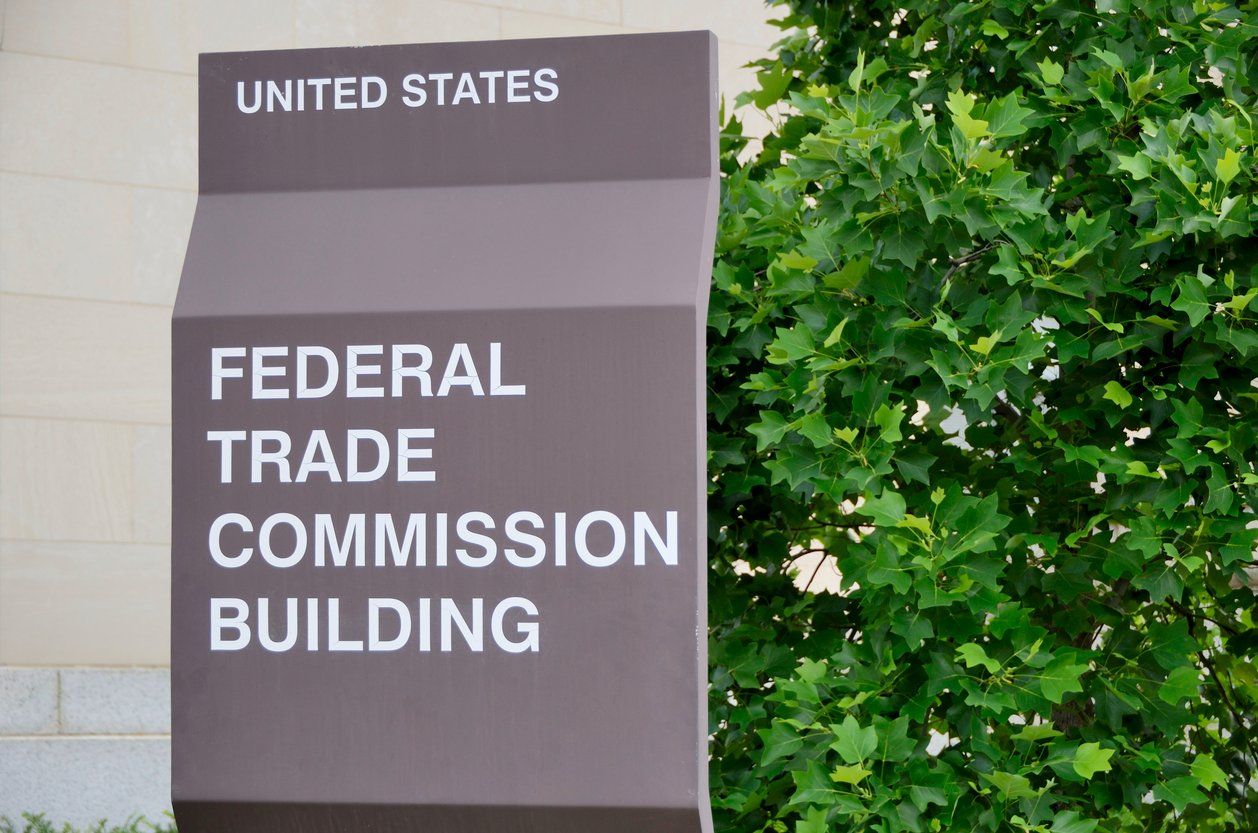
Written by
Sara Loomis
Sara is an aPHR-certified writer on the marketing team at BerniePortal. She writes about HR, healthcare, and benefits.
Unpaid Internships Under Fire from DEI Advocates: What HR Should Know

This fall, new White House interns will get something none of their predecessors got—a paycheck.
Under the new policy, the White House internship program now pays its participants $750 a week, or around $20 an hour. This change comes on the heels of a national debate over the legality, ethics, and DEI implications of unpaid internships, and it begs the question: are unpaid internships worth the financial savings, or not?
Read on to find out.
Why Are Unpaid Internships Coming Under Fire?
An unpaid internship is any structured, temporary agreement between an organization and an individual that trades labor for experience, rather than money. They’re popular among younger, early-career professionals who want to gain insight into an industry but may not yet be qualified for a full-time position.
Unpaid internships are only legal in certain circumstances. Under the Fair Labor Standards Act, the “primary beneficiary test” may be able to show that an intern is not an employee if the intern benefits from the relationship more than the employer does. This test includes seven factors to consider, but each is open to interpretation, so compliance can be tricky.
Even though they can be legal, unpaid internships have faced criticism in recent years because of their tendency to disadvantage lower-income students or those paying for their own education. Many Gen Z workers are pushing for an end to unpaid internships, as they create barriers to opportunities for those who can’t afford to spend their summers making no money.
Since so many “entry-level” positions now ask for 1-2 years of experience, the inability to accept unpaid work can significantly narrow career options for some otherwise qualified applicants from lower-income backgrounds.
Why Can’t Unpaid Internships Be Totally Eliminated?
Because of the racial wealth gap and other inequalities, unpaid internships often disproportionately disadvantage students of color, which can make generational challenges even harder to overcome. So why not just ban them altogether?
While some organizations exploit unpaid interns for free labor, others—especially non-profits and some small businesses with tiny budgets—depend on interns for crucial operations and reward them with valuable skills and experience to further their careers. In some cases, students also receive college credit for their internships, which can take the edge off the lost income.
Obviously, the debate is not likely to be resolved any time soon. So what should HR do in the meantime?
How Can HR Make Internships More Equitable?
Before implementing any internships at your organization—whether paid or unpaid—it’s important to consider several challenges to these programs.
- Time-consuming onboarding. Even though they don’t stay as long as a full-time employee, interns still have to be onboarded, and that training doesn’t take less time just because they’re interns.
- Short-term results. Hiring interns means balancing the potential staffing help they provide with the knowledge that they’ll be gone at the end of the summer or other temporary period. Interns won’t solve organizational turnover and understaffing challenges in the long term.
- Legal implications. The Department of Labor’s Wage and Hour Division is a good place to start for compliance information, but your state or county may have more specific protections for interns, and noncompliance can be costly.
For these reasons, it’s important to tread carefully before deciding to hire interns at all. If you do, however, your best option is to pay them as temporary employees. Since primary beneficiary tests are very open to interpretation, paying interns is the only way to be sure you’re compliant with labor laws around paying employees.
In addition, paid internship programs support diversity, equity, and inclusion in your organization by removing financial barriers that might keep out qualified talent from underrepresented groups. Even if you can’t afford to pay interns much over your state’s minimum wage, that modest income could make a difference for a potentially excellent intern with greater financial need.
Additional Resources
You can stay informed, educated, and up-to-date with important HR topics using BerniePortal’s comprehensive resources:
- BerniePortal Blog—a one-stop-shop for HR industry news
- HR Glossary—featuring the most common HR terms, acronyms, and compliance
- HR Guides—essential pillars, covering an extensive list of comprehensive HR topics
- BernieU—free online HR courses, approved for SHRM and HRCI recertification credit
- HR Party of One—our popular YouTube series and podcast, covering emerging HR trends and enduring HR topics

Written by
Sara Loomis
Sara is an aPHR-certified writer on the marketing team at BerniePortal. She writes about HR, healthcare, and benefits.
Related Posts
Do you use a noncompete agreement at your workplace? According to the Federal Trade...
The news we’ve all been patiently (or impatiently) waiting for is finally here! The DOL...
In 2023, iTutorGroup, an online learning platform based out of China, used an Artificial...
On April 15, 2024, the U.S. Equal Employment Opportunity Commission (EEOC) issued a final...







Submit a Comment